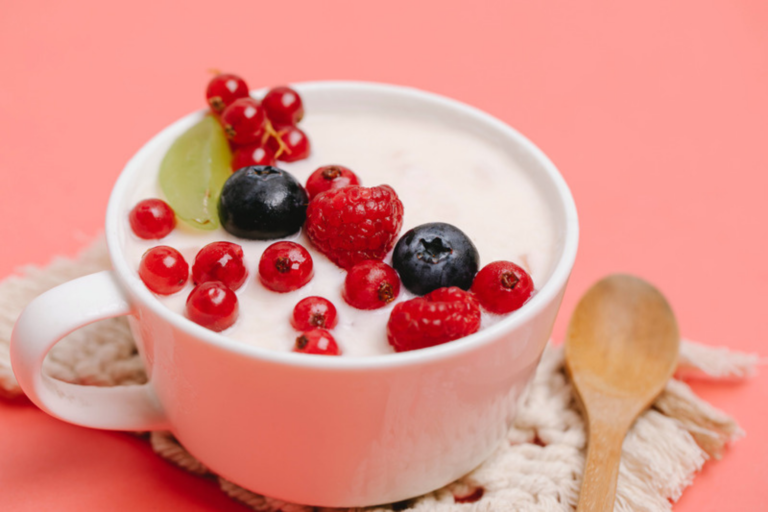8 Healthy Sources of Protein
Protein, often regarded as the cornerstone of nutrition, plays a vital role in numerous bodily functions, including muscle repair, hormone production, and enzyme activity. Ensuring adequate protein intake is essential for overall health, and there are many nutritious sources available that offer additional valuable nutrients. Here’s a closer look at some of the healthiest sources of protein you can incorporate into your diet.
Chicken Breast
Protein Content: 30 grams per 100 gram serving
Calories: 195 calories per 100 gram serving
Chicken breast is a favourite among health-conscious individuals due to its lean protein content and versatility in cooking. It is a rich source of B vitamins, phosphorus, and selenium, which support energy metabolism, bone health, and immune function.
Grilled chicken breast can be added to a salad, paired with roasted vegetables, or included in a stir-fry for a balanced, protein-rich meal.
Quinoa
Protein Content: 8 grams per one cup serving of cooked quinoa
Calories: 229 calories per one cup serving of cooked quinoa
Quinoa, is known for being a complete protein source, containing all nine essential amino acids. It is also a great source of fiber, iron, magnesium, and antioxidants, making it a healthy source of protein to add to your diet.
Use quinoa as a base for a protein-packed salad, combining it with black beans, corn, and a zesty lime dressing for a refreshing and nutritious meal.
Tempeh
Protein Content: 18 grams per 100 gram serving
Calories: 196 calories per 100 gram serving
Tempeh, a fermented soy product, offers a substantial protein boost along with probiotics that benefit gut health. It is also a good source of calcium, iron, and beneficial phytochemicals, supporting bone health and reducing inflammation.
Sauté tempeh with vegetables and soy sauce for a savoury stir-fry, or add it to sandwiches for a crunchy and nutritious filling.
Lentils
Protein Content: 16 grams per one cup serving of cooked lentils
Calories: 323 calories per one-cup serving of cooked lentils
Lentils are a versatile and economical source of plant-based protein, high in fiber, folate, and potassium. They support heart health and digestive well-being, making them a staple in many diets.
Prepare a hearty lentil soup with a variety of vegetables and spices for a comforting and nutrient-rich meal that supports heart health.
Almonds
Protein Content: 6 grams per serving
Calories: 162 calories per serving
Almonds are a convenient snack that provides a good amount of protein, healthy fats, and essential nutrients like vitamin E and magnesium. They help improve heart health and keep you feeling full longer.
Sprinkle chopped almonds on top of your morning oatmeal or yogurt to add a crunchy texture and a protein boost to your breakfast.
Greek Yogurt
Protein Content: 5 grams per serving
Calories: 140 calories per serving
Greek yogurt is notable for its high protein content and beneficial probiotics, which aid digestion and support immune function. It is also a good source of calcium and vitamin B12, which are essential for bone health.
Create a nutritious parfait by layering Greek yogurt with fresh berries and granola for a protein-rich breakfast that supports digestive and immune health.
Eggs
Protein Content: 6 grams per large egg
Calories: 74 calories per large egg
Eggs are a complete protein source, offering all the essential amino acids your body needs. They are also rich in vitamins A, D, and B12, and choline, which are crucial for brain function and overall cellular health.
Start your day with a vegetable omelette, incorporating eggs with a variety of vegetables for a protein-packed breakfast that provides essential nutrients.
Tofu
Protein Content: 8 grams per 100 gram serving of firm tofu
Calories: 76 calories per 100 gram serving of firm tofu
Tofu, made from soybeans, is a staple in many vegetarian and vegan diets due to its high protein content and versatility. It is also a good source of iron and calcium, supporting muscle function and bone health.
Add tofu to a vegetable stir-fry with a flavourful sauce, or marinate and bake it for a protein-rich addition to salads or grain bowls.
Conclusion
Protein, an indispensable macronutrient, is essential for maintaining a healthy body and supporting various bodily functions. Incorporating diverse healthy sources of protein into your diet not only helps meet your nutritional needs but also ensures a balanced intake of essential nutrients. Whether it’s animal-based or plant-based, a variety of protein sources can fit into different dietary preferences and contribute to overall well-being.
By incorporating a variety of protein sources into your meals, you can support muscle repair, energy metabolism, and overall health. These healthy protein options provide a balanced diet that enhances your well-being and meets your nutritional needs.








